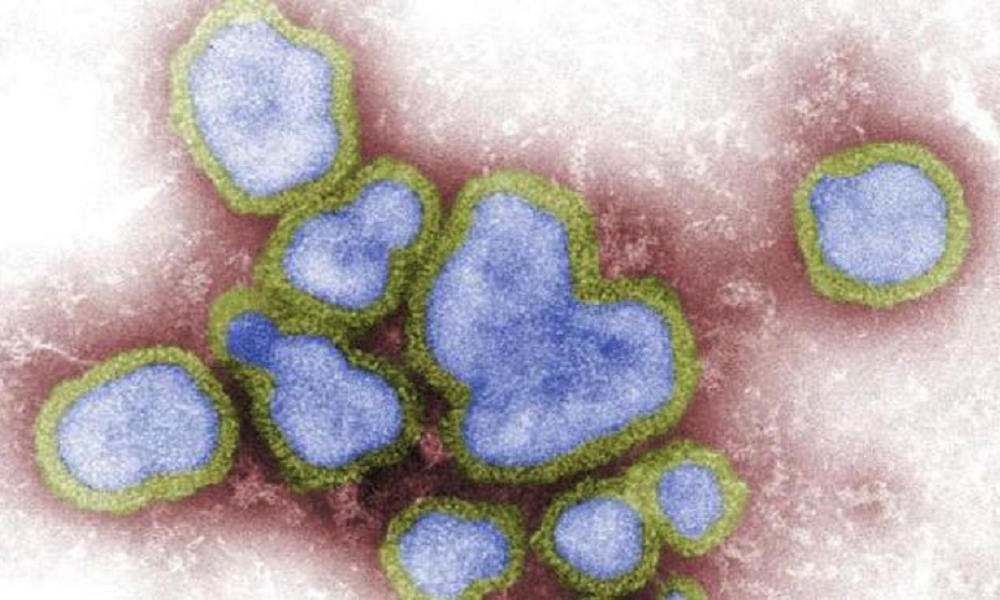World
China reports another human case of H5N6 bird flu

Another person in mainland China has tested positive for H5N6 bird flu, adding to a recent spike in isolated cases that has worried some researchers who have called for increased surveillance.
The Hong Kong Health Department said in a statement on Monday that it was notified about a 60-year-old woman from Changde, Hunan Province, who tested positive for H5N6 bird flu. There was no announcement from local officials.
“She developed symptoms on October 3, and was admitted for treatment on October 13. The patient is in critical condition,” the Hong Kong Health Department said in a statement. It said the woman is a farmer who had exposure to dead poultry.
Only 49 people have been infected with H5N6 bird flu since the first confirmed case in 2014, but more than a third of those were reported during the last 3 months, and more than half were reported during the last year.
H5N6 bird flu is known to cause severe illness in humans of all ages and has killed more than half of those infected, according to WHO. There are no confirmed cases of human-to-human transmission but a 61-year-old woman who tested positive in July denied having contact with live poultry.
Last month, a study published by China’s Center for Disease Control identified several mutations in two recent cases of H5N6 bird flu.
“The increasing genetic diversity and geographical distribution of H5N6 pose a serious threat to the poultry industry and human health,” the researchers said. “The increasing trend of human infection with avian influenza virus has become an important public health issue that cannot be ignored.”
The World Health Organization said earlier this month that increased surveillance is “urgently required” to better understand the risk and the recent increase of spillover to humans. It added that, based on current evidence, H5N6 has not acquired the ability of sustained transmission among humans, which means the likelihood of human-to-human spread remains low.
A report from the European CDC, however, expressed concern about the detection of H5N6 viruses with markers for mammal adaptation. “The additional reports of transmission events to mammals, e.g. seals and a fox as well as seroepidemiological evidence of transmission to wild boar, could indicate evolutionary processes, including mammal adaptation with the possibility to acquire the ability to transmit to humans,” the report said.

-

 US News1 week ago
US News1 week agoMagnitude 5.7 earthquake strikes between Dominican Republic and Puerto Rico
-

 Legal2 days ago
Legal2 days agoFirefighters ambushed while responding to Idaho wildfire, at least 2 killed
-

 World1 week ago
World1 week agoMagnitude 6.3 earthquake strikes offshore the Philippines
-

 US News5 days ago
US News5 days agoSmall meteorite fragment may have struck Georgia home
-

 Legal5 days ago
Legal5 days agoArmed woman blocks traffic on freeway in Houston, Texas
-

 Legal4 days ago
Legal4 days agoWashington Post journalist Thomas LeGro arrested for child porn possession
-

 Legal1 week ago
Legal1 week agoNo threat found after vehicle investigated near White House
-

 US News1 week ago
US News1 week agoIran warned of sleeper-cell terror in U.S. before nuclear strikes – NBC News




